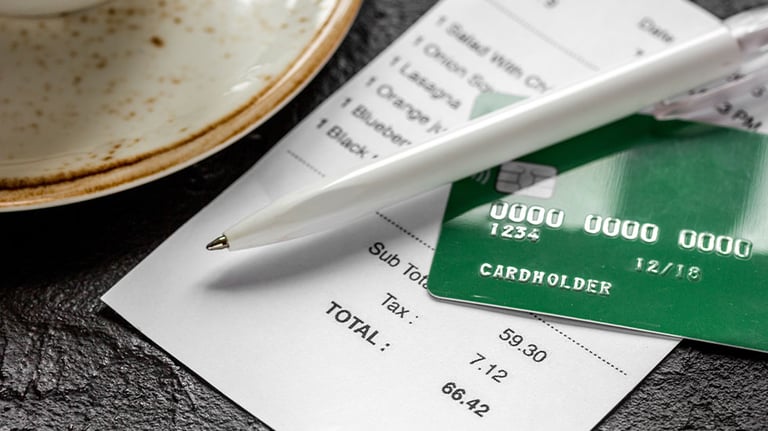
While the real estate market waxes and wanes over time, one constant remains throughout the changes: the need for savings. For first-time home buyers, saving for a home is paramount because it streamlines the process of purchasing a home. Specifically, a robust savings account helps new home buyers who generally have less credit than established homeowners qualify for a loan.
In addition, a sizable down payment reduces the mortgage amount, increasing the affordability of homeownership. Plus, a down payment of 20% or more can show the sellers you have the financial clout to back your intentions, helping you beat the competition. Here are the best ways first-time homebuyers can save for a home and accomplish their dream.

Pinpoint a realistic budget
Determine how much you can realistically afford to spend on a home using an online mortgage calculator. To do so, you'll evaluate your current income, expenses, and financial obligations. Then, you'll plug in home prices and interest rates to generate a payment estimate.
Remember, your down payment will reduce the mortgage amount; the more you put down, the smaller your monthly payment. Your down payment is also influential because putting down less than 20% will incur private mortgage insurance (PMI) premiums, increasing monthly costs. In addition, it's crucial to count the closing costs, homeowners insurance, and property taxes toward your monthly total. These factors will give you an idea of the price range you should be targeting.
Create a timeline
Once you calculate your needed down payment, you can set a timeline for when you want to purchase your first home. Having a timeline helps you establish a sense of urgency and allows you to track your progress toward your savings goal.
For example, say you want a $250,000 home and a mortgage without PMI. This plan requires a $50,000 down payment. You have $5,000 in savings, so you'll need to save another $45,000. If you save $450 per month, it will take 100 months, or almost eight and a half years.
This timeline might be too long for you. Instead, you can opt for a smaller down payment and take on PMI when you get your mortgage. Remember, you'll remove PMI when your mortgage balance reaches 78% of the original purchase price, meaning your payments will be lower later in the loan. So, you decide to save for a $15,000 down payment. By saving $450 per month, you'll reach your goal in 33 months.
Reduce debt
Prioritize paying off high-interest debts such as credit card balances, personal loans, and student loans. High-interest debt can hinder your ability to save for a down payment because it adds to your monthly debt-to-income ratio, which lenders consider when approving you for a mortgage. In addition, paying off debt will improve your credit score, increasing your ability to qualify for a mortgage and receive favorable terms and rates.

Cut unnecessary expenses
Review your monthly expenses and identify areas where you can save more money. For example, you might decide to dine out less, reduce monthly subscriptions, or make your own coffee every morning. Redirect the money you save from these cutbacks into your dedicated home savings fund. This strategy will fast-forward your timeline, helping you reach your down payment goal sooner.
Put your savings on auto pilot
Set up automatic transfers from your checking account to a dedicated savings account specifically for your home fund. Automating your savings ensures that you consistently contribute to your goal without the temptation to spend the money elsewhere. If you set up an automatic deposit on paydays, you'll learn to spend within the limits in your checking account without missing that chunk of income.

Put unexpected windfalls to work
Whenever you receive unexpected income, like a tax refund, work bonus, or monetary gift, deposit it in your savings account. Windfalls provide an excellent opportunity to accelerate your progress toward your down payment goal. For example, if you usually save $450 per month, a $1,500 tax return will put you more than three months closer to your desired down payment, helping you get into a home more quickly.
Pad your emergency fund
Having a robust emergency fund is helpful before making a significant financial commitment, like buying a home. It serves as a safety net in case of unexpected expenses or changes in your financial situation. For instance, three months' worth of living expenses in your emergency fund can prevent a job loss or major car repair from derailing your savings plan.

